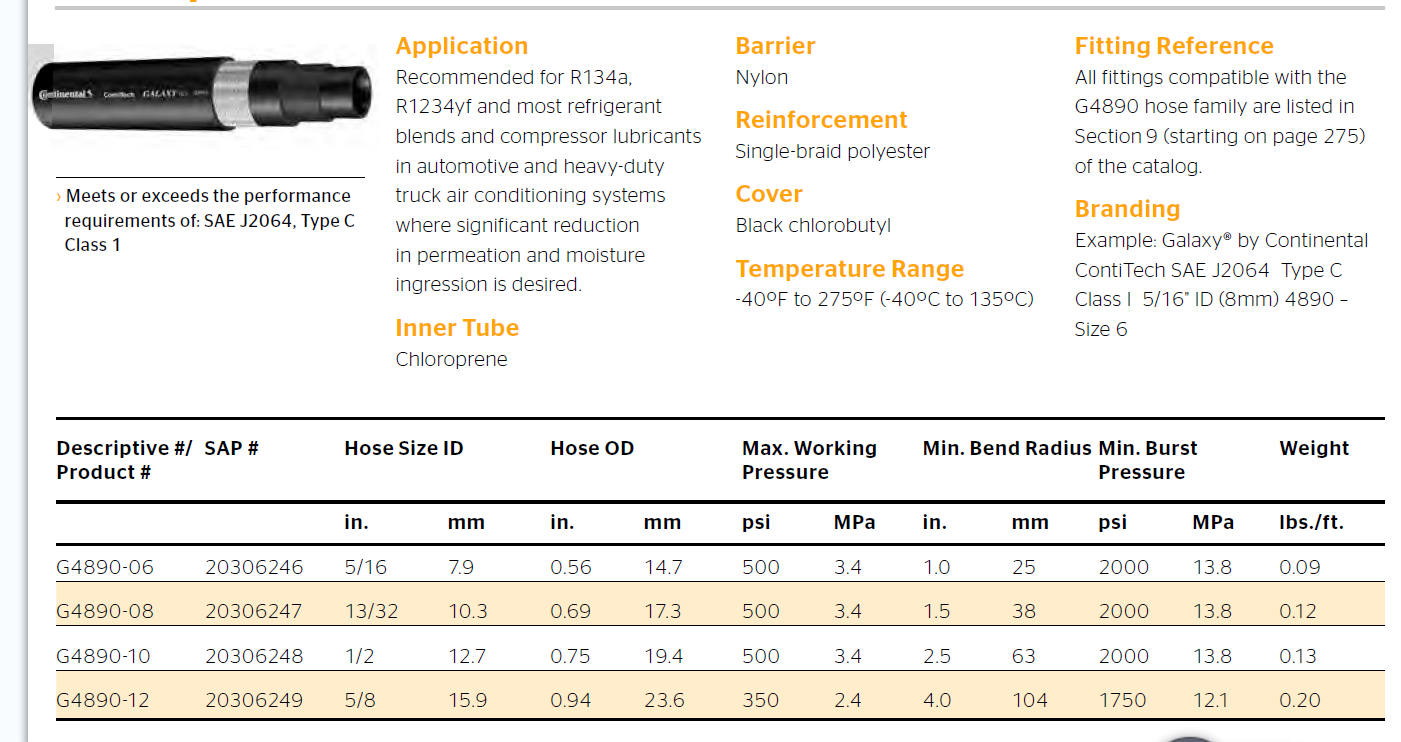Automotive Fuel Lines - Durable Fuel Delivery Systems for Your Vehicle
Sep . 14, 2024 00:56 Back to list
Automotive Fuel Lines - Durable Fuel Delivery Systems for Your Vehicle
Understanding Automotive Fuel Lines Essential Components for Vehicle Performance
Automotive fuel lines play a crucial role in the complex system that powers internal combustion engines. These fuel lines are responsible for transporting fuel from the tank to the engine, ensuring that the vehicle runs efficiently and effectively. Despite their vital function, many vehicle owners are often unaware of the intricacies involved in fuel line systems and the importance of maintenance.
Understanding Automotive Fuel Lines Essential Components for Vehicle Performance
The main purpose of fuel lines is to ensure a constant supply of gasoline or diesel fuel reaches the engine while maintaining the appropriate pressure levels required for efficient combustion. Fuel pumps generate the necessary pressure to move fuel through the lines, and the fuel injection system distributes it to the engine cylinders. A well-functioning fuel line system is essential for optimal engine performance, as any disruption can lead to poor fuel delivery, decreased power output, and increased emissions.
automotive fuel line

Over time, fuel lines can wear out or become damaged due to exposure to heat, chemicals, or physical wear. Common issues include cracks, leaks, and blockages that can severely affect vehicle performance. A cracked fuel line can introduce air into the fuel system, leading to a lean fuel mixture that can diminish power and efficiency. Furthermore, leaks not only waste fuel but can also pose significant fire hazards.
To prevent such issues, regular maintenance and inspection of fuel lines are essential. Vehicle owners should monitor for signs of wear, such as fuel odors, wet spots under the vehicle, or diminished engine performance. If any irregularities are detected, it is crucial to consult a professional mechanic for a thorough inspection and possible replacement of damaged lines.
In addition to maintenance, advancements in technology have led to the development of more durable fuel line materials. Innovations like ethanol-resistant lines are becoming increasingly necessary as more vehicles are designed to run on renewable fuels, which can be more corrosive than traditional gasoline. These advancements not only improve the lifespan of fuel lines but also enhance the overall efficiency and safety of the fuel delivery system.
In summary, automotive fuel lines are more than just simple tubes; they are essential components that contribute significantly to vehicle performance and safety. Understanding their function and maintaining them can save car owners from costly repairs and ensure a smooth driving experience. As vehicles continue to evolve and incorporate new technologies, the importance of reliable fuel line systems will only grow, making awareness and proactive care more important than ever.
